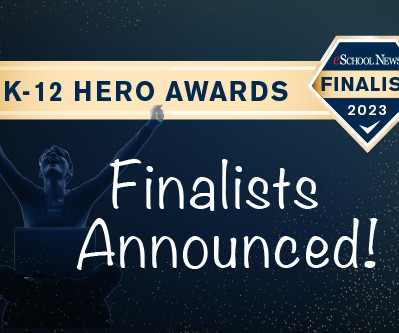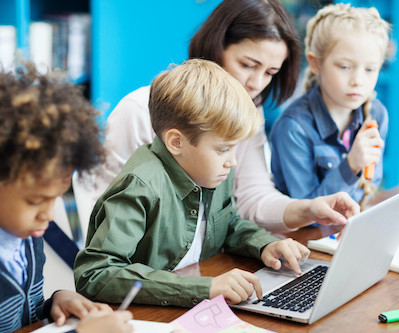Engaging Students Through Experiential Learning Inside the Classroom
Faculty Focus
FEBRUARY 26, 2023
Experiential learning in its many forms is widely recognized as a high-impact educational practice, one that has been thoroughly tested and shown to be beneficial to a wide spectrum of college students. Experiential learning is a process through which a learner constructs knowledge, skill, and value from direct experience.












Let's personalize your content